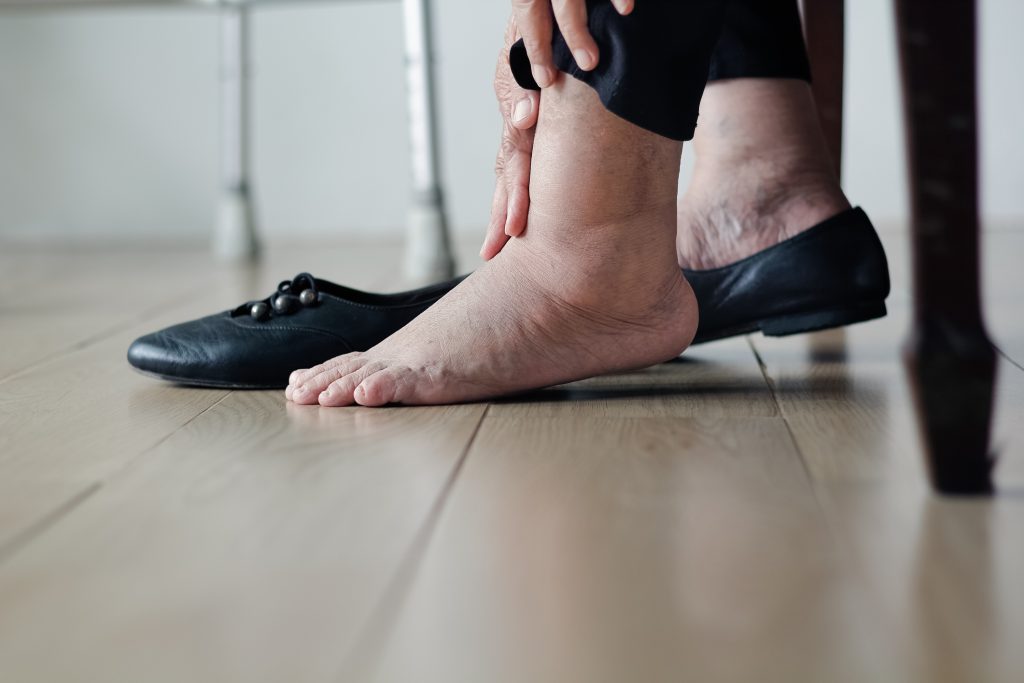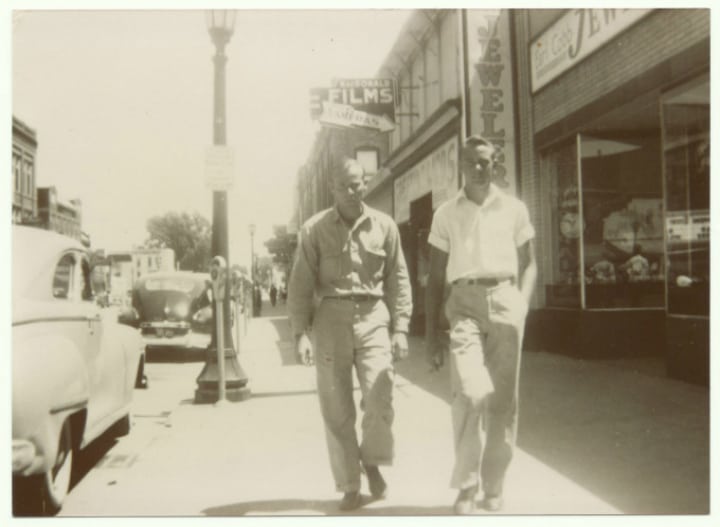What you feel a month before a heart attack: the signs you should not ignore!
How can we know the signs of a heart attack before?

Myocardial infarction, often perceived as a sudden and unexpected event, is actually preceded by warning signals that the body sends weeks before. These subtle symptoms, if recognized and addressed, can help prevent a fatal event by time intervention. Here's how your body can signal the risk of a heart attack a month before.
1. Persistent fatigue
One of the earliest indications of a possible heart attack is unusual fatigue. This is not the usual fatigue caused by excessive work or lack of sleep, but a deep and constant exhaustion, which does not even disappear after rest. It may be a sign that the heart is having difficulty pumping the blood effectively, which leads to insufficient oxygen intake to muscle and tissues. Women are more likely to report this symptom.

2. Difficulty breathing
Difficult breathing during normal or even resting activities can be another alarm signal. Known as dyspnoea, it occurs when the heart can no longer circulate the blood, causing the accumulation of liquid in the lungs. This symptom may occur weeks before a heart attack and should not be ignored.

3. Chest discomfort
Chest discomfort is a classic sign of heart problems. It can be manifested in the form of pressure, tension, tension or pain in the center or left side of the chest. This sensation can appear and disappear, instead of being constant. Although chest pain is a well -known symptom of heart attack, it is important to mention that some people, especially women, may have more subtle forms of discomfort.

4. Digestive problems
Symptoms such as nausea, indigestion, bloating or abdominal pain can sometimes indicate heart problems. Although these problems are common and often harmless, when combined with other symptoms, such as fatigue or chest discomfort, they can signal a low blood flow to digestive organs, caused by a weak heart.

5.
The swelling, known as edema, in the lower extremities can result from a deficient circulation caused by a weak heart. When the heart has difficulty pumping the blood effectively, the liquid can accumulate in its feet, ankles and soles. This symptom is often accompanied by other signs of heart suffering.

6. Irregular heartbeat
Irregular heart palpitations or beats may be a warning sign. These arrhythmias can be felt as butterflies, strong beats or heart rate. Although occasional palpitations are common, frequent or severe should be evaluated immediately by a doctor.
If you experience any of these symptoms or a combination of them, take them seriously. Consult a doctor to evaluate your heart health. Tests such as electrocardiogram (ECG), blood tests or effort tests can detect early signs of cardiovascular disease.
Adopting healthy habits for the heart - such as a balanced diet, regular exercises, stress management and quitting - can significantly reduce the risk. Awareness and prompt action can make an essential difference, saving lives. Do not ignore the signals that your body is trying to convey to you.


Drought reveals older prehistoric stone hanges than Pyramids in Ireland who have a hidden goal

